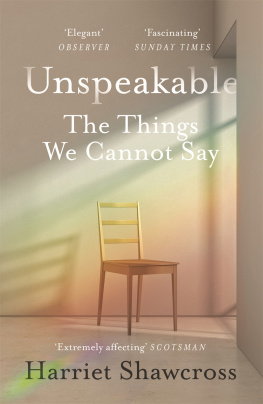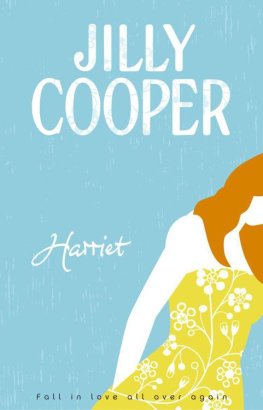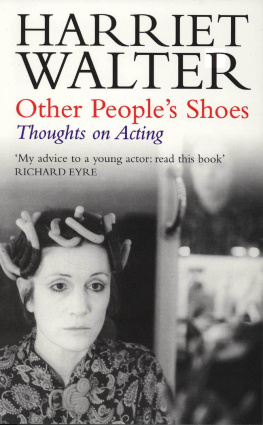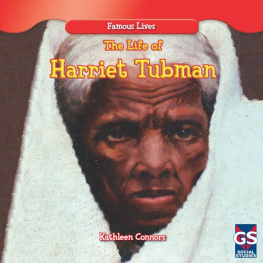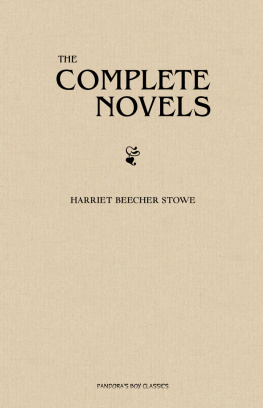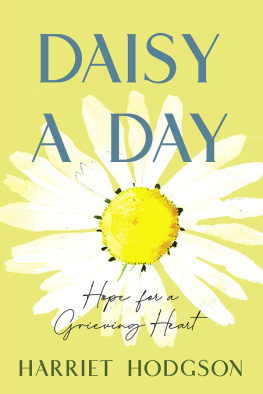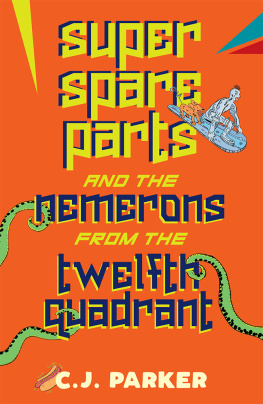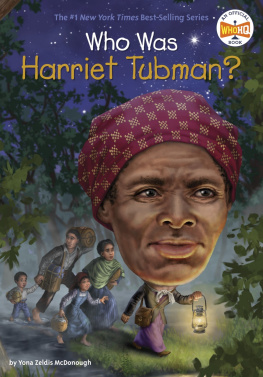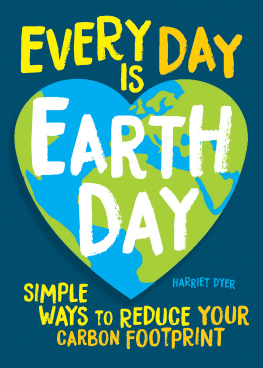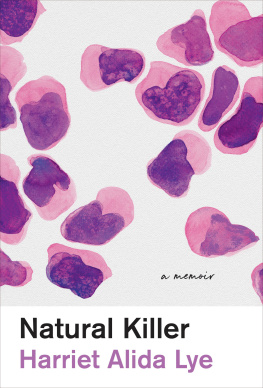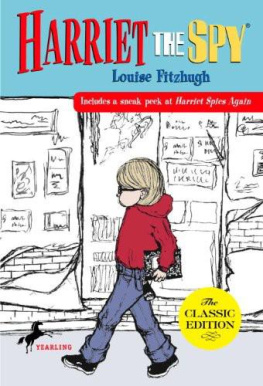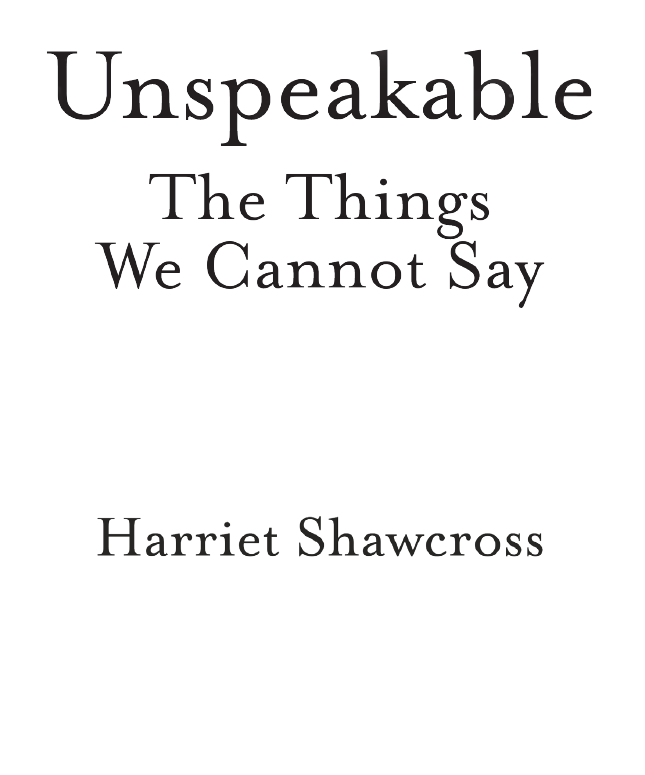Harriet Shawcross is an award-winning filmmaker and journalist. She obtained an MA in Creative Non-Fiction from the University of East Anglia, and was shortlisted for the Manchester Fiction Prize. Unspeakable is her first book.
The paperback edition published in 2020 by Canongate Books
First published in Great Britain, the USA and Canada in 2019
by Canongate Books Ltd, 14 High Street, Edinburgh EH1 1TE
canongate.co.uk
Distributed in the USA by Publishers Group West
and in Canada by Publishers Group Canada
This digital edition first published in 2017 by Canongate Books
Copyright Harriet Shawcross, 2019
The right of Harriet Shawcross to be identified as the
author of this work has been asserted by her in accordance
with the Copyright, Designs and Patents Act 1988
For permissions credits please see p. 333
British Library Cataloguing-in-Publication Data
A catalogue record for this book is available on
request from the British Library
ISBN 978 1 78689 007 8
eISBN 978 1 78689 006 1
For Christa, who always listened
How shall we say how this happened, these stories, our stories
Anniversary Poem by George Oppen
CONTENTS
INTRODUCTION: A HANDFUL OF TEETH
ONE SUNDAY AFTERNOON I COME to sit with the dead. The room is almost untouched. Smiling graduation photos of my siblings stare back at me from the bookcase, and a Kermit the Frog with wire legs straddles the cut-glass decanter. Everything and nothing is the same. I am standing in my grandmothers study. She lived with us for twenty-five years, and died six months ago. Her room has now been cleaned and closed, the dark beetles of dried blood scrubbed from the fireplace where she fell and cracked her head, half a year before the stroke that killed her. Unusually the house is empty, and I have come to her room to sit with the silence.
I walk to the bookshelves, and run my fingers against her things, feeling the edges of her life. I lift the lid of a china sweetie jar to find a few dried-out Liquorice Allsorts. There are so many books. Dictionaries of quotations and guides to etiquette. Cordon bleu courses from the 1970s, with handwritten table plans folded between the pages. Many of the books are unmarked, simply bound in leather, gilt-edged. I pull one down from theshelf and have to laugh. It isnt a book at all. It is a VHS case, disguised as a leather-bound bible. And as I look I realise that there are dozens of these faux leather books, presumably hiding covert recordings of Midsomer Murders and Foyles War. I crack open one of the cases, but the handwriting on the label is indecipherable, its story lost to the world. As I move along the bookshelf I remove a biography of Churchill, only to find dozens of paperback romance novels hidden behind it. It is so typical of my grandmother, who fervently believed in the power of appearance, in everything being just so. She was always immaculately turned out, and told me when I turned fifteen that I needed to start moisturising my neck every day. She slept on a silk pillow until the day she died, because she believed it was good for the skin.
Beside the biographies is a cluster of little porcelain boxes, with gold hinges. They are collectors items, commissioned to mark important events, from the birth of a grandchild to a trip to a Broadway premiere. I lift one up, and it rattles like a sand dollar. I prise it open, struggling with the stiff gold hinges, and stop for a second. Inside are half a dozen milk teeth, yellowed pips of enamel saved from the tooth fairys visits to my siblings, over twenty years ago. I cant believe she has kept them: this eternal marker of identity. The thing that survives when everything else is gone. Dental records or a clattering cipher of love.
My grandmother moved in with us when I was a child. Or at the edge of being a child: thirteen. The move shifted the family dynamic. It was a time of great upheaval and change,and it was during this time that I lost the ability to speak. Or not to speak, precisely, but to speak in the ways that make us human. The ways that matter. The ways that define who we are. I could answer direct questions. I could take part in school plays. But I stopped making conversation for nearly a year. When I was at school, I stopped telling jokes, or asking questions. I became a lurker. Always almost invisible, on the edge of conversations. I would watch days pass without saying anything of substance. And I was unable to tell anyone what was happening. When my grandmother moved in with us there was a corrosion of privacy, space and time, which meant that not everything was said. And so the new shape of the family was somehow tied to my silence.
In many ways, that year shaped the person I was to become adept at disappearing, at watching, listening. Living off other peoples lives. I have worked for the past ten years as a journalist, and I cant count the number of times I have said, Pretend Im not here. Talk to the camera. Dont look at me. The art of the interview is in disappearing not interrupting, or filling the silences so that the interviewee will reveal themselves. And when I wasnt working, I spent my free time volunteering for Samaritans; listening to other peoples stories, as I didnt quite know how to voice my own. I have always found it hard to say how I feel, and this silence has driven my relationships to the edge of existence as I often couldnt find the words to articulate my doubts and fears, or even say I love you.
The time I stopped talking has always seemed to me to be at the absolute core of who I am. But writing about that time,when I slipped into silence for a few months, feels wrong somehow, like rooting around in my grandmothers room: moving aside the carefully constructed veneer, the metaphorical biographies, and leather-bound cassette tapes, to reveal a handful of teeth. It was a time when my parents were stretched to breaking point, bent out of shape, with compromise and worry. And I dont want to remind anyone of that, or suggest they did anything wrong. Because behind it all was love: a clutch of baby teeth in boxes. It was only ever love.
Now my grandmother has gone, the family is resetting, taking new shape like a broken bone. We are learning to rebalance the weight. My parents are selling the house. They are moving away. Starting again. And I am getting married.
It is strange living in this hiatus before everything changes, and I become somebodys wife. In some ways it feels that in getting married I am finally standing up and taking hold of language to change something in the physical world I do. And perhaps that is why I have found my mind turning to those first silent years. It feels important to understand why I stopped speaking, in a way that it never has before. And so for the first time I have started trying to think my way back into those empty days, revisiting memories that have lain dormant for years. And I have begun tentatively reaching out to others to try and find out how they coped when words failed them. I hope that by understanding how language can desert other people, I may get to the heart of what happened to me so that I can exorcise silence from my life, once and for all.
I have come to my grandmothers room to try and findsomething to read at the wedding. She always taught me poetry was important and that you needed other peoples words to fall back on when your own fail. Her legacy to me was a small white suitcase filled with poetry that she had torn out of books and magazines or copied out of other peoples books throughout her life. But today I am stuck. The traditional poets have let me down. The internet searches for wedding poems have left me with grandiloquence and metaphor that takes me further and further from how I actually feel. On website after website I read the same passages from Elizabeth Barrett Browning and Margery Williams

